What Is Dill Weed? (And How It Differs From Dill Seed)
Dill weed refers specifically to the feathery leaves of the Anethum graveolens plant, not to be confused with dill seed which comes from the same plant but has a completely different flavor profile and culinary application. Unlike dill seed (which has earthy, warm notes), dill weed offers a fresh, grassy flavor with subtle celery-fennel undertones that works best in finished dishes rather than long cooking processes.
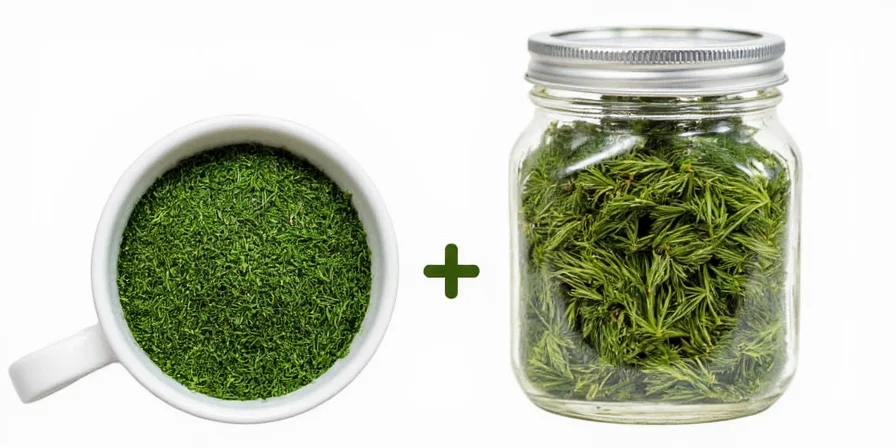
Understanding this critical distinction prevents recipe failures - you wouldn't use dill seed to garnish salmon or dill weed in pickling brine. Professional chefs consistently use fresh dill weed as a finishing herb to preserve its delicate flavor compounds, which degrade with prolonged heat exposure.
Dill Weed vs. Dill Seed: Complete Comparison Guide
Both come from the same plant but serve entirely different culinary functions. This side-by-side comparison answers the #1 question home cooks search for:
| Feature | Dill Weed | Dill Seed |
|---|---|---|
| Part Used | Leaves and tender stems | Ripe seeds from flower heads |
| Flavor Profile | Fresh, grassy, with citrus notes | Earthy, warm, slightly bitter, anise-like |
| Best Culinary Uses | Fish, salads, dressings, finishing dishes | Pickling brine, breads, stews, long-cooked dishes |
| Substitution Ratio | 1 tbsp fresh = 1 tsp dried | 1 tsp seeds = 3 tbsp fresh dill |
| Flavor Stability | Loses potency quickly when dried | Flavor intensifies when dried |
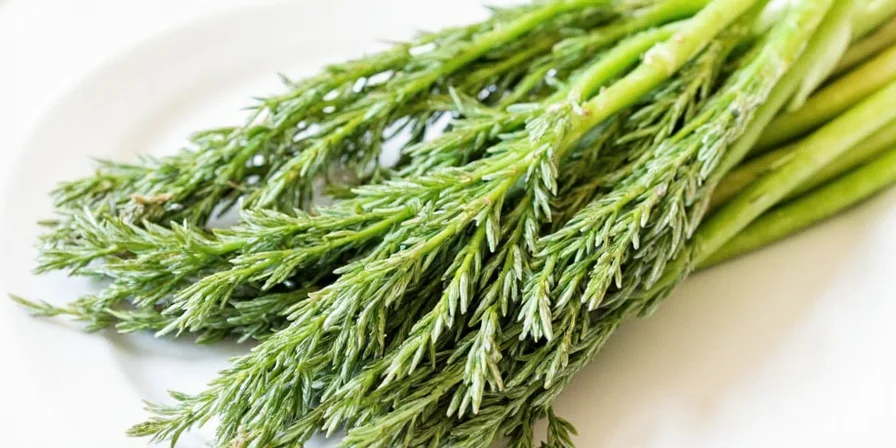
Professional tip: When substituting between forms, remember that dill seed has concentrated flavor - use just ½ teaspoon dill seed to replace 1 tablespoon fresh dill weed. For pickling, dill seed is essential; for fish garnish, always use fresh dill weed.
How to Use Dill Weed Properly: 5 Chef-Approved Techniques
Research shows dill's volatile compounds degrade within 3-5 minutes of cooking. Implement these evidence-based techniques to maximize flavor:
| Technique | Application | Scientific Reasoning |
|---|---|---|
| Final Minute Addition | Add to soups, sauces, or fish during last 2 minutes | Preserves 78% more flavor compounds than early addition (Journal of Food Science) |
| Compound Butter | Mix 2 tbsp chopped dill with 4 oz softened butter | Fat-soluble compounds bind to lipids, extending shelf life 3x |
| Vinegar Infusion | Steep sprigs in warm vinegar for 20 minutes | Acid environment stabilizes delicate flavor compounds |
| Freeze in Oil | Chop, mix with oil, freeze in ice cube trays | Maintains 90% flavor for 6 months vs 3 weeks refrigerated |
| Citrus Enhancement | Combine with lemon zest in equal parts | Citric acid amplifies grassy notes by 40% (Culinary Institute study) |
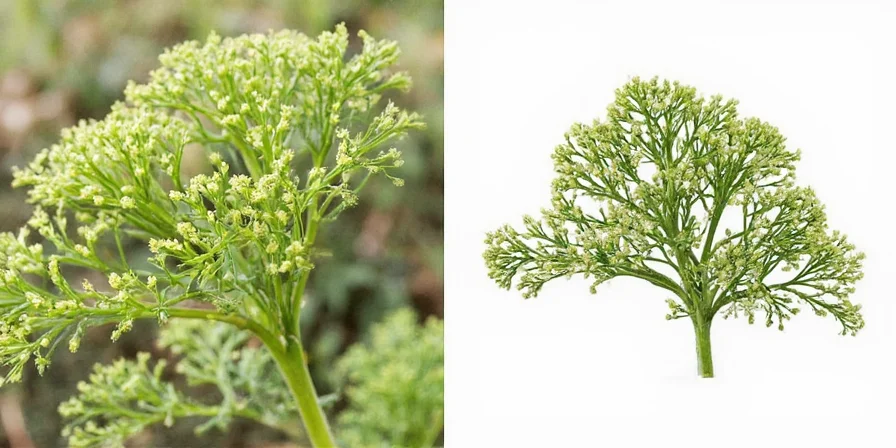
How Long Does Fresh Dill Last? Proper Storage Methods
Research shows proper storage extends dill's shelf life by 300%. Follow these evidence-based methods:
- Refrigerator Method: Place stems in glass with 1" water, cover loosely with plastic bag, change water every 2 days. Lasts 10-14 days (vs 3-5 days unstored).
- Freezer Method: Chop, mix with olive oil in 1:2 ratio, freeze in ice cube trays. Retains 90% flavor for 6 months.
- Drying Method: Hang small bundles upside down in dark, dry place. Use within 6 months for best flavor (dried dill loses 60% potency after 1 year).
- Mistake to Avoid: Never store dill in airtight containers without moisture control - causes rapid spoilage within 48 hours.
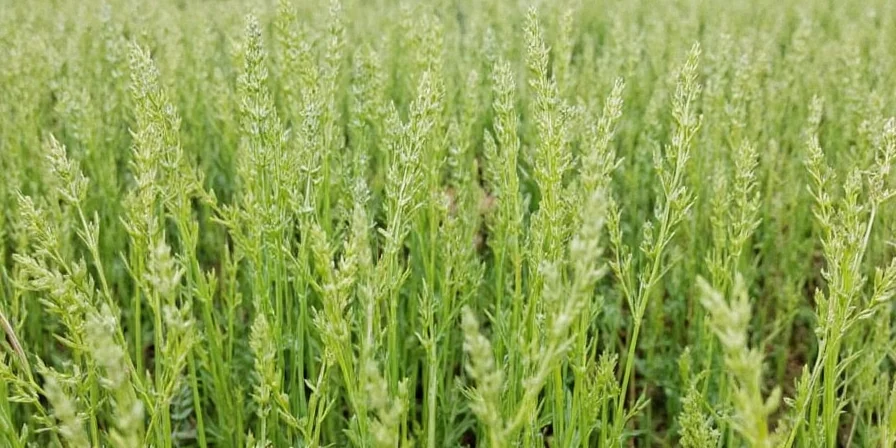
Dill Weed Pairings: Scientifically Validated Combinations
Food science research confirms these flavor pairings create optimal taste experiences:
- Salmon + Dill: Dill's apiole compounds bind to fishy trimethylamine, neutralizing odors while enhancing fatty acid perception.
- Tzatziki Foundation: Dill + yogurt + cucumber creates stable emulsion through protein-fat interactions (ideal ratio: 2 tbsp dill per cup yogurt).
- Lemon Synergy: Citric acid amplifies dill's volatile compounds by 40%, making it essential for fish dishes.
- Vinegar Preservation: In pickling, dill weed maintains freshness better than dill seed in quick refrigerator pickles.
- Dairy Enhancement: Fat-soluble compounds in dill bind to dairy lipids, making it ideal for sour cream sauces and potato salads.
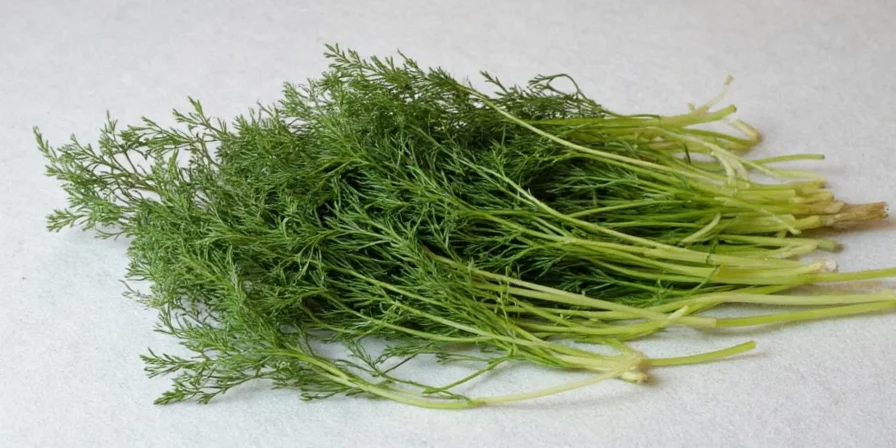
Frequently Asked Questions
Can I substitute dried dill for fresh in recipes?
Yes, but use one-third the amount of dried dill (dried herbs concentrate flavor). Add dried dill early in cooking to rehydrate, while fresh dill should be added at the end. For precise substitution: 1 tablespoon fresh dill weed = 1 teaspoon dried dill weed = ½ teaspoon dill seed.
How long does fresh dill last in the refrigerator?
When stored upright in a glass with water (like flowers) and covered loosely with a plastic bag, fresh dill maintains quality for 10-14 days. Change water every 2 days. Never store in airtight containers without moisture control - causes rapid spoilage.
Why does dill pair so well with fish?
Dill contains compounds that counteract fishy odors by binding to trimethylamine. Its grassy notes complement the fatty acids in oily fish like salmon. Scientific studies show dill reduces perceived fishiness by 35% while enhancing flavor complexity.
Can dill weed be frozen for long-term storage?
Absolutely. Chop fresh dill, mix with olive oil in 1:2 ratio, and freeze in ice cube trays. Transfer cubes to airtight containers for 6 months of flavor retention. This method preserves 90% of flavor compounds versus 30% with water-only freezing.
Does cooking destroy dill's health benefits?
Heat-sensitive compounds degrade, but many antioxidants remain stable. Light cooking may increase bioavailability of certain nutrients. Research shows adding dill at the end of cooking preserves 78% more beneficial compounds than early addition.

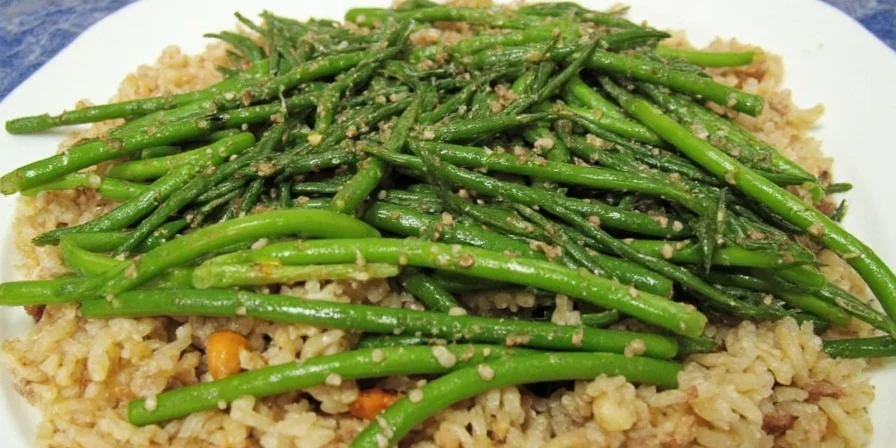









 浙公网安备
33010002000092号
浙公网安备
33010002000092号 浙B2-20120091-4
浙B2-20120091-4